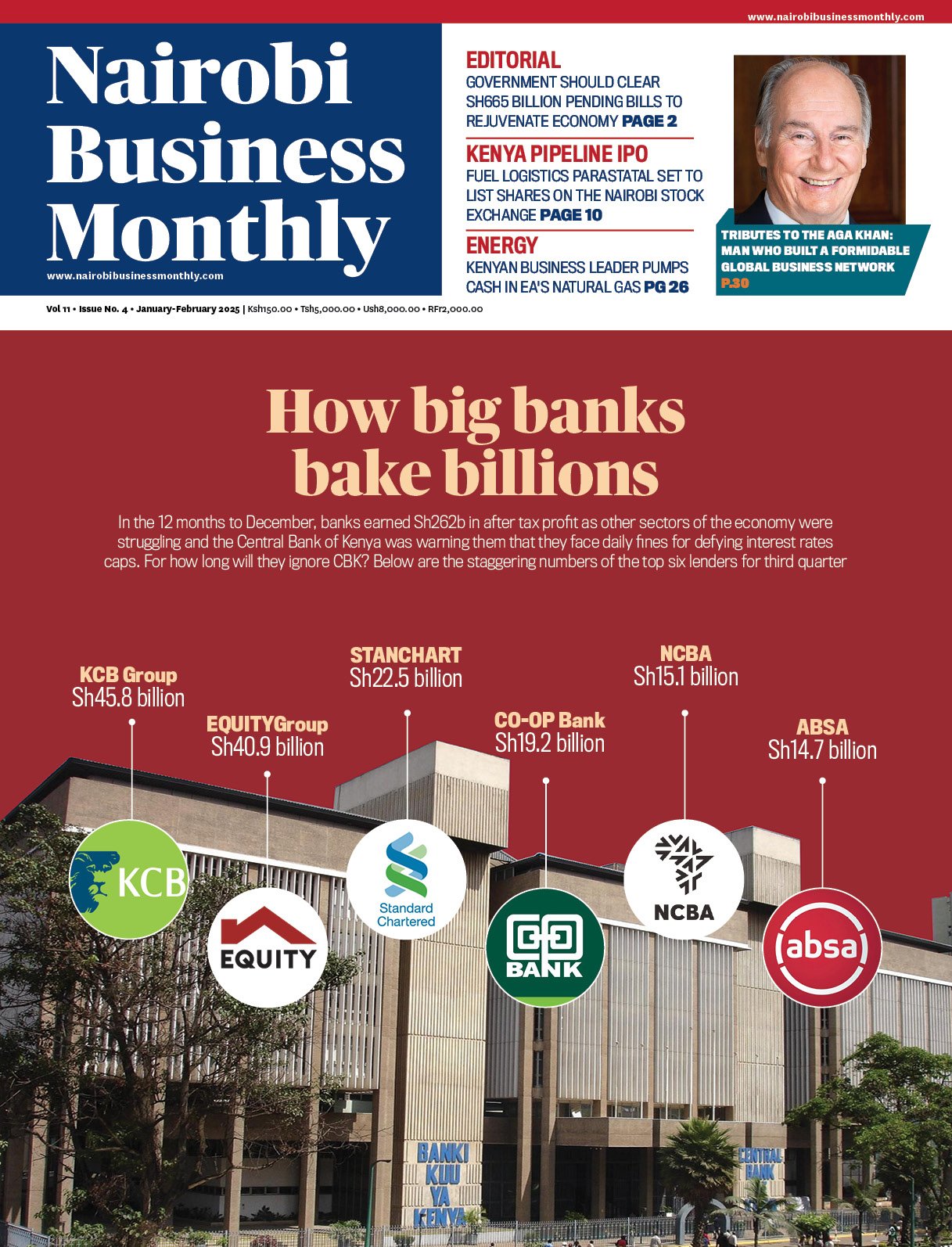The 2018 Global Talent Competitiveness Index (GTCI) report has found that Switzerland still leads the way in terms of talent competitiveness, followed by Singapore and the United States. In general, European countries continue to dominate the GTCI rankings, with 15 in the top 25.
This year’s edition also revealed that the top ten countries have several key characteristics in common and share one major feature: they all have a well-developed educational system providing the social and collaboration skills needed for employability in today’s labour market.
On further examination, there are several other characteristics in common between the top-ranking countries: A flexible regulatory and business landscape; Employment policies which combine flexibility and social protection; External and internal openness
In addition to the talent competitiveness ranking, this year’s report investigated the theme of ‘Diversity for competitiveness’. Three types of diversity were distinguished: cognitive, identity and preference (or value). The theme of diversity (collaboration between people with different personalities, knowledge sets, experiences and perspectives problem solving) was chosen because it plays a critical role in linking talent policies to innovation strategies. Paying attention to demographic diversity nurtures a sustainable and innovative future and helps organizations to retain and develop talent. Nevertheless, the report highlights that there is a cost to diversity: people are often ill equipped to collaborate with others who are different from themselves.
The report, published mid January by INSEAD, the Business School for the World, in partnership with the Adecco Group and Tata, is a comprehensive annual benchmarking measuring how countries and cities grow, attract and retain talent, providing a unique resource for decision makers to understand the global talent competitiveness picture and develop strategies for boosting their competitiveness.
The 2018 edition of GTCI includes 68 variables (65 in 2017), covering 119 countries and 90 cities (respectively 118 and 46 in 2017). This year again, GTCI scores are led by developed, high-income countries.
Switzerland maintains its number 1 position, followed by Singapore and the United States. European countries continue to dominate the GTCI rankings, with 15 of them in the top 25.
Among the non-European countries ranking high this year, are Australia (11th), New Zealand (12th), Canada (15th), the United Arab Emirates (17th), and Japan (20th) for example.
Latin America often leads in producing female graduates (Argentina ranks 5th on that variable).
Efforts in education (compared to GDP per capita) are high in Africa (Botswana is 1st, Lesotho 2nd, Senegal 5th) showing that the challenges have been correctly identified in that area, though the effectiveness of those investments can still be improved.
2018 Top 25 Rankings
The index assesses the policies and practices that enable a country to attract, develop and retain both ‘Technical/Vocational skills’ and the ‘Global Knowledge skills’ associated with innovation, entrepreneurship and leadership—the talent that contributes to productivity and prosperity.
|
Overall Ranking |
Country |
Score |
|
1 |
Switzerland |
79.90 |
|
2 |
Singapore |
78.42 |
|
3 |
United States of America |
75.34 |
|
4 |
Norway |
74.56 |
|
5 |
Sweden |
74.32 |
|
6 |
Finland |
73.95 |
|
7 |
Denmark |
73.79 |
|
8 |
United Kingdom |
73.11 |
|
9 |
Netherlands |
72.56 |
|
10 |
Luxemborg |
71.64 |
|
11 |
Australia |
71.61 |
|
12 |
New Zealand |
71.52 |
|
13 |
Ireland |
71.38 |
|
14 |
Iceland |
70.48 |
|
15 |
Canada |
69.63 |
|
16 |
Belgium |
69.56 |
|
17 |
United Arab |
68.88 |
|
18 |
Austria |
68.63 |
|
19 |
Germany |
67.77 |
|
20 |
Japan |
62.63 |
|
21 |
France |
62.61 |
|
22 |
Estonia |
61.93 |
|
23 |
Qatar |
61.79 |
|
24 |
Israel |
61.79 |
|
25 |
Czech Republic |
60.02 |
This year’s leader in the Global Cities Talent Competitiveness Index is Zurich (2nd last year).
Eight out of the top 10 ranking cities are located in Europe, and 2 in the United States of America. High-ranking cities show similarities. As in the case of countries, over time, higher GDP levels naturally lead to higher technology penetration, creating ecosystems with better quality education, business, healthcare and infrastructure. This virtuous cycle leads to stronger talent competitiveness.
In addition, higher-ranked universities attract a superior calibre of teaching and research staff, providing more skilled talent to the labour market. The energy and innovativeness of local leadership (including mayors and ‘talent agencies’) can also play a significant role. The impact of dense and efficient information networks is particularly important when it comes to attracting and retaining talent, as shown by the performance of ‘smart cities’ such as Singapore, Dubai, Abu Dhabi, or Doha.


